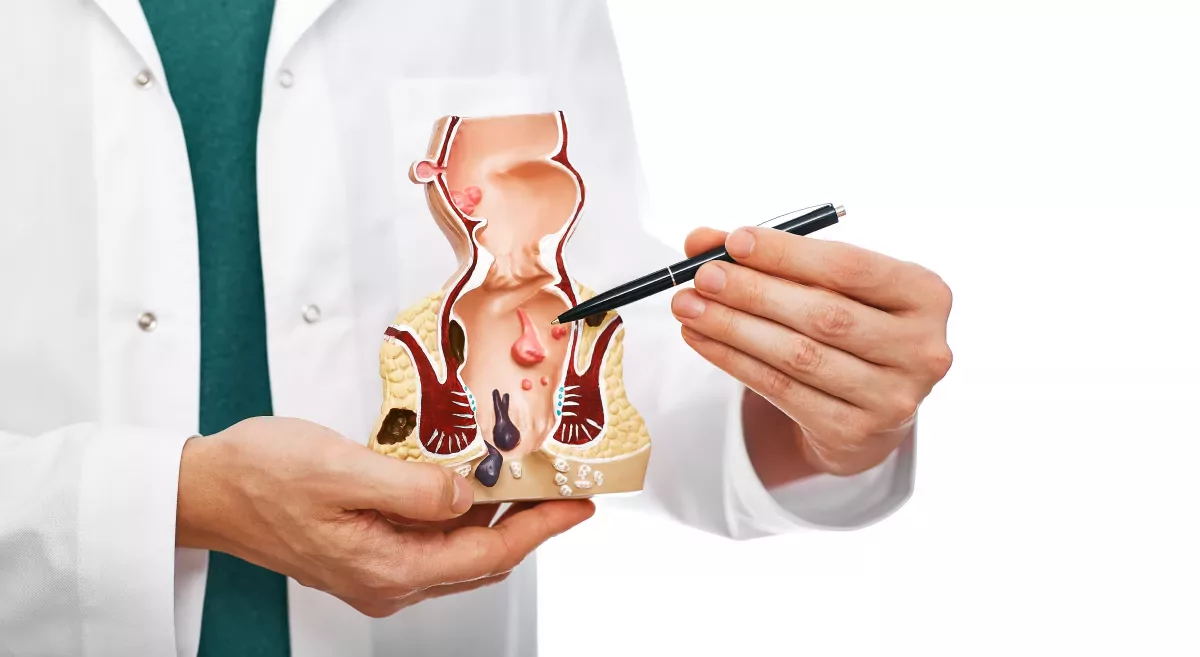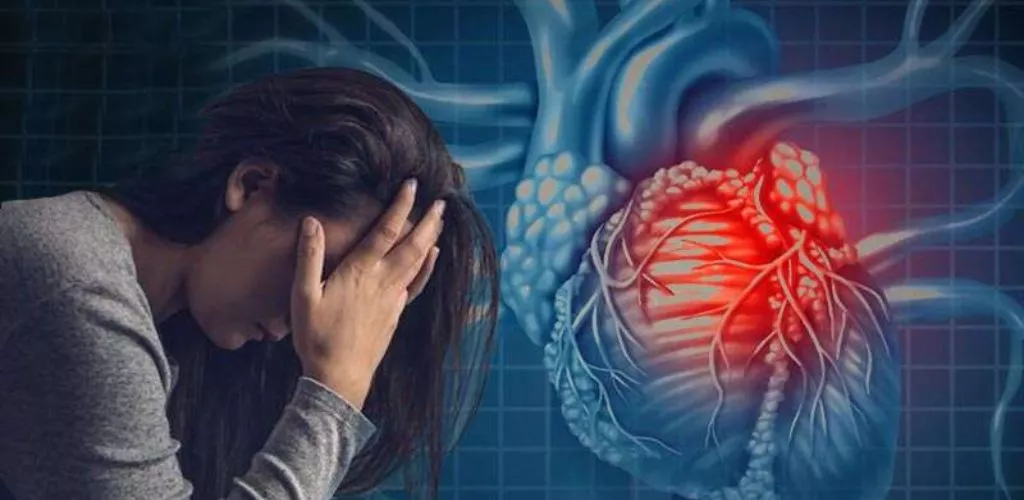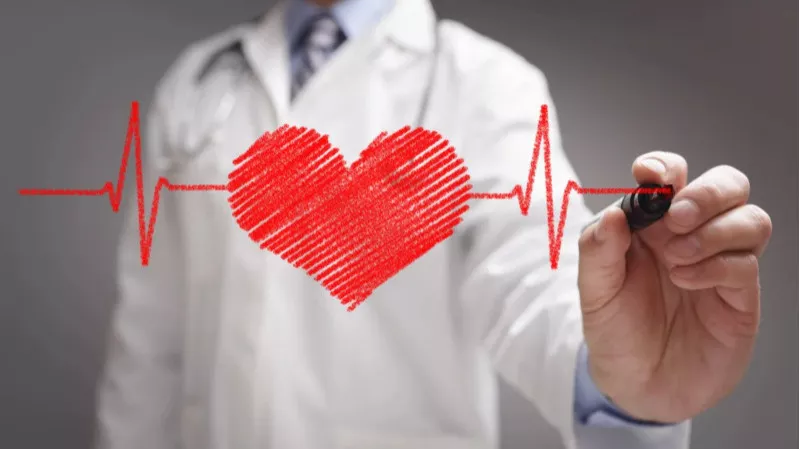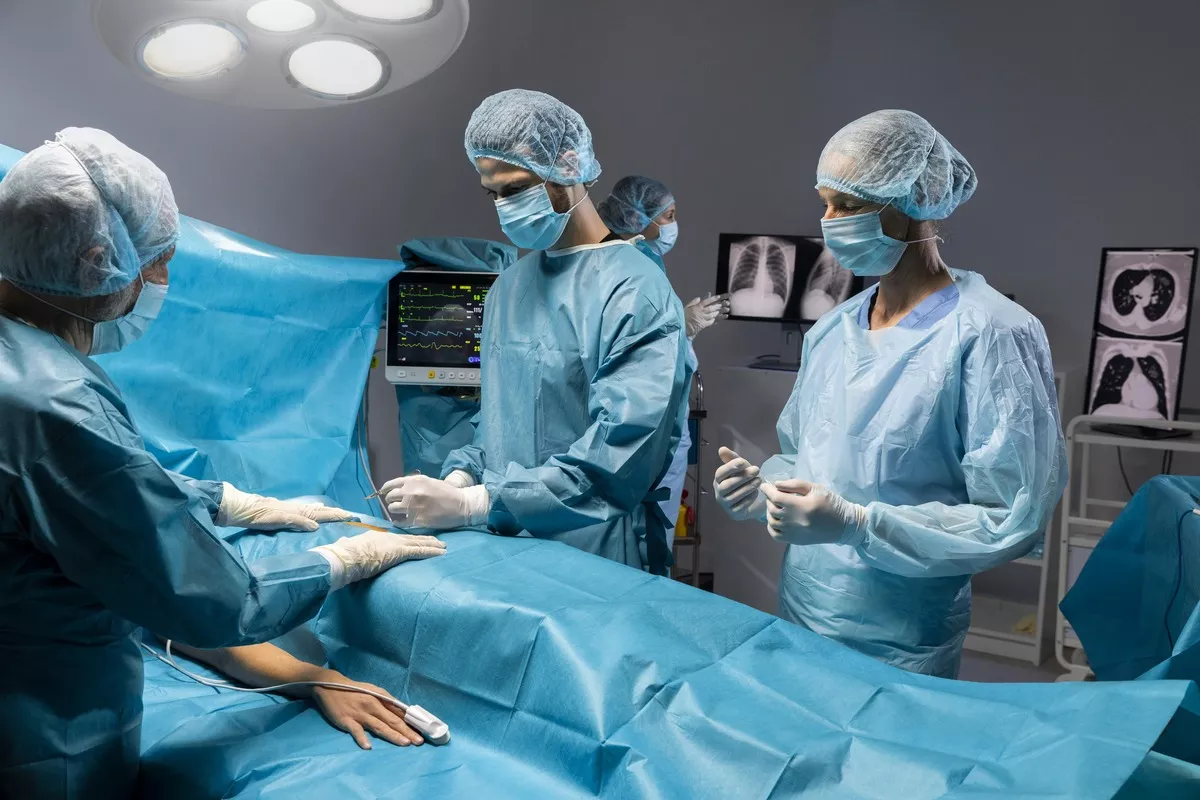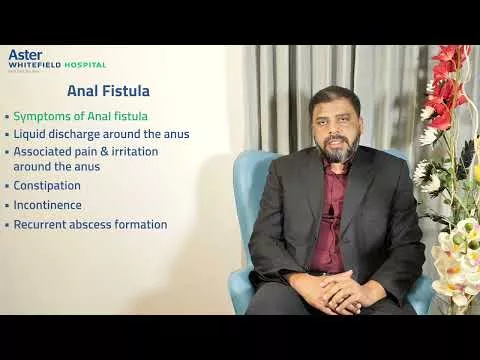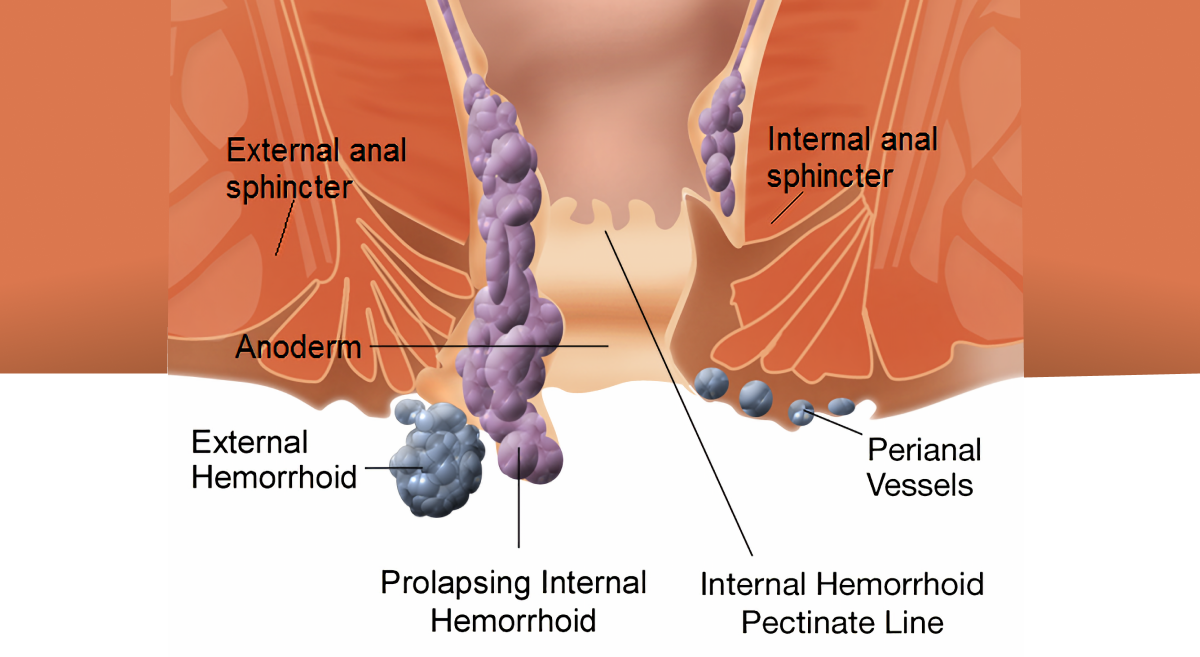
Hemorrhoids, also known as piles, are a common condition that affects millions of people worldwide. While hemorrhoids can be uncomfortable and even painful, the good news is that they are usually not serious and can be easily treated.
What are Hemorrhoids?
Hemorrhoids are swollen veins in the anus or lower rectum. There are two types of hemorrhoids: internal and external.
Hemorrhoids can be caused by a variety of factors, including:
- Straining during bowel movements
- Sitting for long periods of time
- Chronic diarrhea or constipation
- Pregnancy
- Obesity
- Family history.
Symptoms of Hemorrhoids
The most common symptom of hemorrhoids is rectal bleeding. Other symptoms may include:
- Itching or irritation in the anal area
- Pain or discomfort during bowel movements
- Swelling around the anus
- A lump near the anus.
Diagnosis and Treatment
If you think you may have hemorrhoids, it's important to see a surgeon for a proper diagnosis. Your doctor will likely perform a physical exam to look for signs of hemorrhoids, such as swelling or bleeding. Doctor will use proctoscope to inspect the anus.In some cases, your doctor may perform a colonoscopy to rule out other conditions.
The treatment for hemorrhoids will depend on the severity of your symptoms. In many cases, lifestyle changes can help alleviate symptoms. This may include:
- Eating a high-fiber diet to prevent constipation
- Drinking plenty of water to stay hydrated
- Avoiding straining during bowel movements.
In more severe cases, your doctor may recommend a medical procedure to remove or shrink the hemorrhoids. This may include:
- Rubber band ligation, which involves placing a rubber band around the base of the hemorrhoid to cut off its blood supply.
- Sclerotherapy, which involves injecting a chemical solution into the hemorrhoid to shrink it.
- Hemorrhoidectomy, which is a surgical procedure to remove the hemorrhoid.
- Laser hemorroidopexy- Shrinking hemorroids by using Laser technology.
- Stapler hemorroidectomy.
Prevention
While there's no surefire way to prevent hemorrhoids, there are several steps you can take to reduce your risk of developing them. This includes:
- Eating a high-fiber diet to prevent constipation
- Drinking plenty of water to stay hydrated
- Exercising regularly to promote regular bowel movements
- Avoiding sitting for long periods of time
- Not straining during bowel movements.
Conclusion
Hemorrhoids can be uncomfortable and even painful, but they are usually not serious and can be easily treated. If you think you may have hemorrhoids, it's important to see a doctor for a proper diagnosis and treatment. With the right care, most people with hemorrhoids can find relief from their symptoms and go back to their daily activities.
